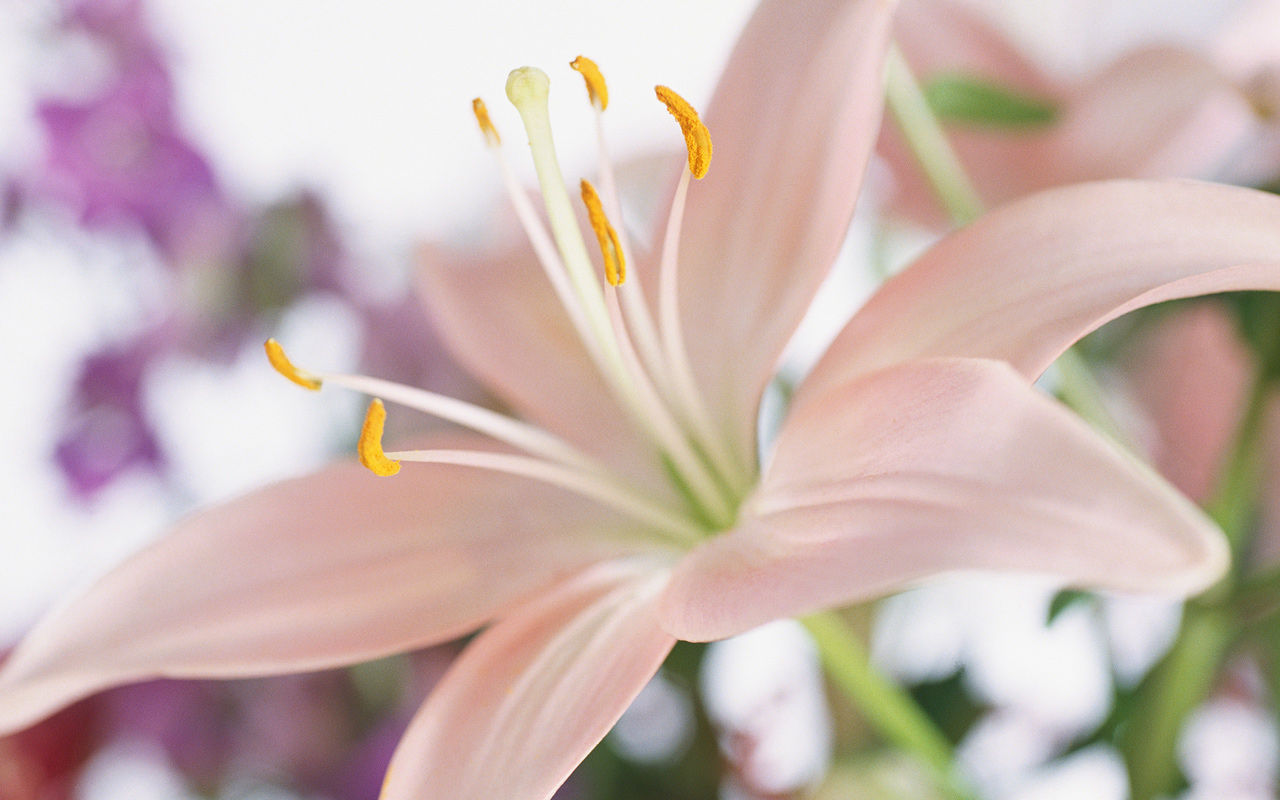
HomeMade Soap & Body Products
natural skin care
by Busybeefairies
Benefits of Shea Butter
Benefits of Shea Butter
Shea Butter Homemade Soap is an extraordinary all-natural skin care that really changes uneven toned skin. In fact, out of all the nutrients around today, we dare say that the shea butter homemade soap is most beneficial. If you are serious about maintaining healthy skin, daily care must be included in this wonderful substance!
What exactly is shea butter? Shea butter is an all-natural oil extracted from the wells in the fruit of the African Butter Tree. Although this oil is sometimes used for cooking, it is now widely used in the cosmetic industry.
What are the benefits of shea butter homemade soap?
• Shea butter homemade soap moisturizes well without clogging pores.
• It is gentle enough to use on babies and sensitive skin.
• Shea butter has natural UV protection.
•Helps fight skin diseases such as acne, eczema, dermatitis and psoriasis.
• Shea Butter homemade soap is used to reduce all types of scars.
• It is soothing for burns.
• It is also beneficial for fighting wrinkles.
•The benefit of natural homemade soap with shea butter is that your skin will feel soft, has a natural shine and only requires less lotion.


Shea butter homemade soap contains vitamins such as vitamin A and vitamin E. Vitamin A helps in the reconstruction of skin cell damage and vitamin E is an antioxidant to keep skin safe from harmful free radicals. In addition, the skin readily absorbs the shea butter without leaving an oily surface on the skin.
Another interesting thing is that shea butter homemade soap can leave your skin soft and silky. It melts upon contact with skin. With all these advantages, it is easy to understand why is it good to combine a natural homemade soap or an organic homemade soap with shea butter. You get other benefits from the use of two natural products together. So, you have to try it now! Your dream of having a good skin is just a reach!
The fat of the nut of the African Shea tree (Vitellaria paradoxa) is the source of Shea butter. The traditional use of the butter is to reduce the appearance of fine lines, scars and stretch marks, and to ease a variety of skin irritations, such as psoriasis, eczema and sunburn. Makers of cosmetics also mix this natural substance with other botanical ingredients. Shea butter is ideal for the topical application of cosmetic and medicinal formulas, because it melts on contact and is readily absorbed into the skin, without leaving a greasy residue.
Healing Qualities
The healing qualities of Shea butter are due to the presence of several fatty acids and plant sterols, namely oleic, stearic, palmitic and linolenic acids. These oil-soluble components are nonsaponifiable, meaning they do not undergo saponification, or convert to soap, when introduced to an alkali. Shea butter possesses a significantly greater nonsaponifiable fraction than most other nut oils and fats, which lends the substance greater healing potential for the skin.
Anti-Inflammatory Properties
Shea butter contains several derivatives of cinnamic acid, a compound common to cinnamon and balsam trees. In the May 2010 issue of the "Journal of Oleo Science," Toshihiro Akihisa and fellow researchers published the results of a study that investigated the effects of four triterpene acids and four triterpene cinnamates isolated from Shea butter on tissue swelling in mouse skin. The scientists reported that Shea butter not only demonstrated anti-inflammatory benefits, but one compound, lupeol cinnamate, also prevented tumor development in a carcinogenesis test, a procedure in which cancer cells are literally "grown" in a culture dish
Antioxidant Content
Shea butter contains vitamins A and E, as well as catechins, plant antioxidants also found in green tea. While it is unclear how well vitamins A and E in raw Shea butter are absorbed, there is evidence to suggest that cinnamic acid esters in Shea fat help to prevent skin damage from ultraviolet radiation.
Other Uses
Shea butter softens and conditions leather and wood, so musicians use it to improve the flexibility of leather tuning straps, and the pitch and timbre of animal skin drums and other percussion instruments. Africans use Shea butter in cooking. In other parts of the world, manufacturers add Shea butter to margarine.
Precautions
Shea butter is available in different grades, which depend on the extraction method. For best results, unrefined Shea butter, or grade A, is preferred. If you have a known allergy to other tree nuts, you may experience a reaction to Shea butter. Consult your physician or allergist before using this product, if this is the case.